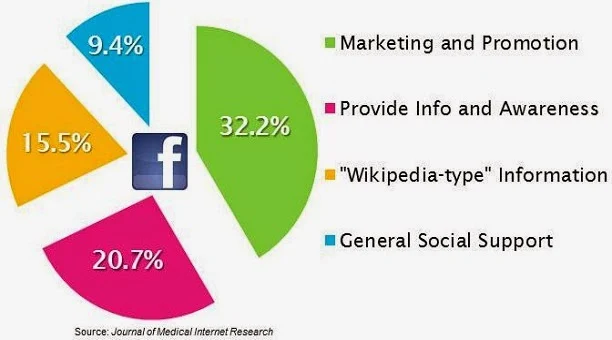Medicine's Manhattan Project: Can The World's Richest Doctor Fix Health Care?
His biography, and resume demonstrate an outstanding presence, and personal charm, daring to go 'where no man has gone before'. His accomplishments are diverse, especially manipulating his financial treasure to march forward on his mission of disrupting medicine with innovative ideas, merging new tools together. Many have and are trying to accomplish this same goal. Perhaps he has become more visible due to his extroversion and lack of fear from the establishment, since he is independent of grant funds private or public. He is a quiet speaker and refrains from bold and embellished ideas.
Will he be another icon of Disruptive Men in Medicine ?
Before After
Read, and judge for yourself.





